The sudden death of Albert Ojwang while in police custody has raised serious concerns across the country. Ojwang, a popular social media personality, was arrested under unclear circumstances and later died at the Central Police Station in Nairobi.
What began as confusion around his death has now turned political, with former Deputy President Rigathi Gachagua demanding answers and action.
Gachagua is accusing Deputy Inspector General of Police Eliud Langat of being directly responsible for Ojwang’s arrest and eventual death. He claims that Langat ordered the arrest after Ojwang posted a critical message on social media.
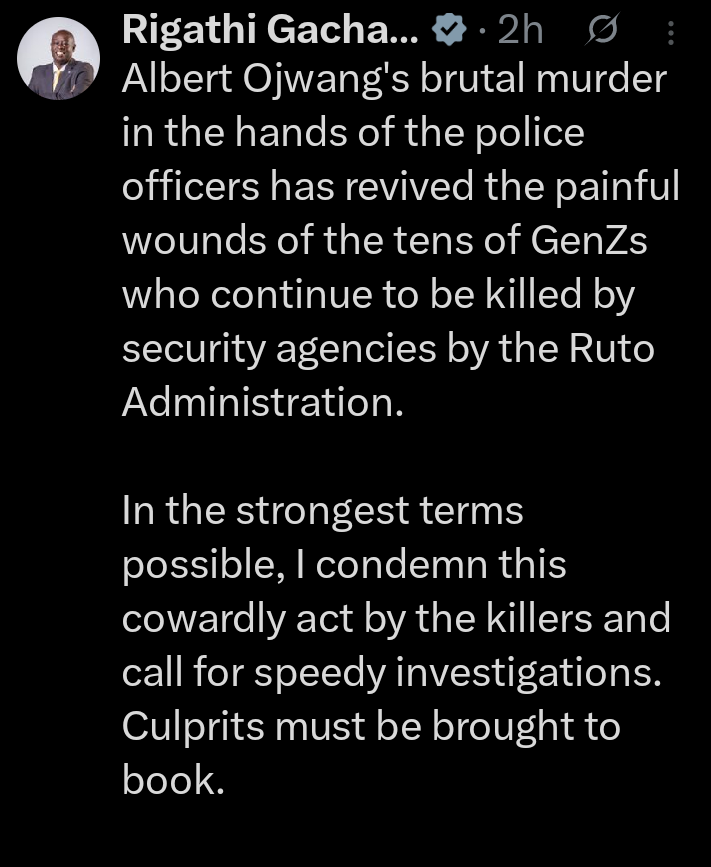
Gachagua believes this was not just a normal arrest but a clear attempt to silence a young voice. According to him, Langat has been running Kamukunji and Central police stations like his own property, ignoring the chain of command and acting without oversight from the Inspector General.
In his statement made on June 9, Gachagua did not hold back. He said Langat must be held fully responsible for what happened to Ojwang. The young man was picked up in Homa Bay and then transported all the way to Nairobi under unclear orders.
Gachagua says this transfer was not random it was deliberate and meant to intimidate. He described it as political punishment and demanded Langat’s removal from office.
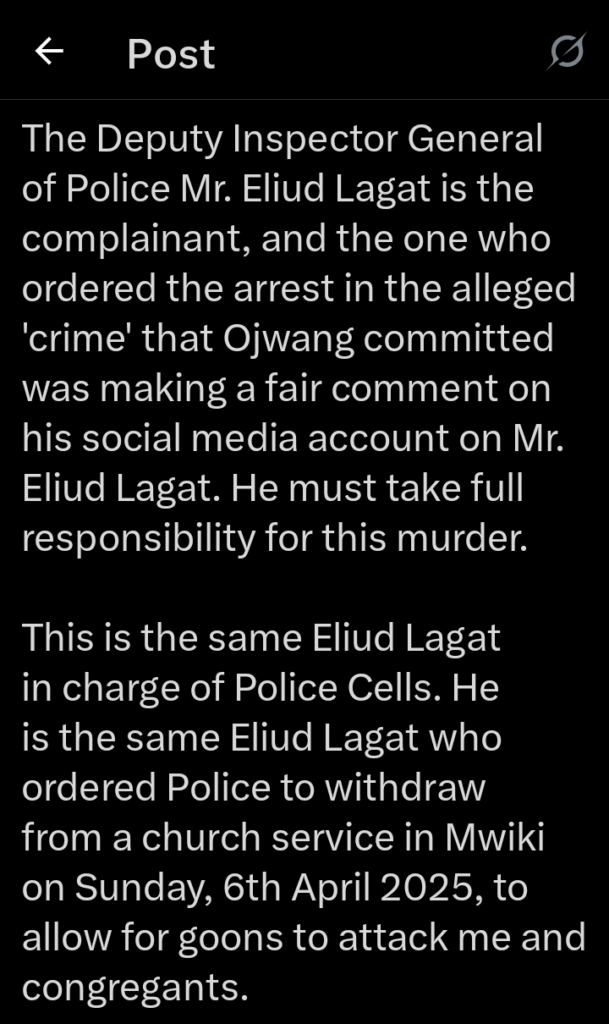
The police have claimed that Ojwang hit his head on a wall and died from those injuries, but this explanation has not convinced many.
Gachagua, along with several Kenyans online, believes that there is more to the story. He says the two police stations involved are now being called torture chambers by the public.
The decision to move Ojwang so far from home, instead of handling the matter locally, is a major red flag.
Many believe Ojwang was targeted simply for expressing himself online. Gachagua says this is part of a wider plan to silence Generation Z voices.
He insisted that Ojwang’s only mistake was speaking up and asking questions, something that should never lead to arrest or death. The hashtag #JusticeForAlbert is still trending, as more people demand answers and accountability.
Gachagua’s call for Lagat to step aside is gaining support both online and offline. He wants the state to take the matter seriously and act quickly.
His comments came shortly after Inspector General Douglas Kanja announced the suspension of all officers who were on duty the night Ojwang died. That includes the Officer Commanding Station at Central Police.
The Independent Policing Oversight Authority is now handling a separate investigation. The police service has promised to cooperate fully, but many people are still doubtful.
They say promises mean nothing without real action. Ojwang’s case has reminded Kenyans of the long-standing problem of police abuse and lack of accountability.
For many, this death feels different. Ojwang was young, popular, and outspoken. His death has put Deputy IG Lagat in the spotlight, with more people now questioning his role in the police service.

Gachagua says Langat is no longer just a senior officer he has become a symbol of everything wrong with the system. He says the government must now choose between protecting Langat or standing up for justice.
The focus remains on President William Ruto and Inspector General Kanja. What they do next will show whether the government is serious about justice or only interested in protecting its own.
For Albert Ojwang’s family and the youth of Kenya, this moment could shape the future of free speech and fairness in the country.

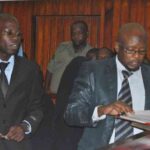




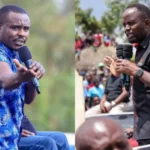

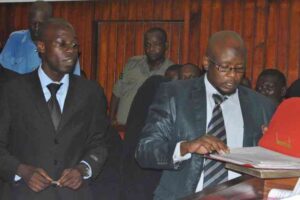

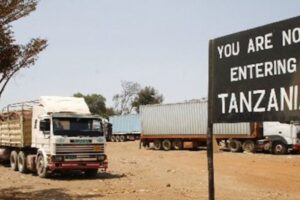
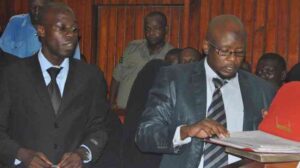
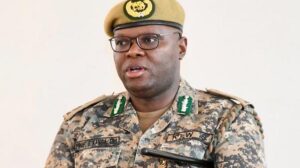








Add Comment